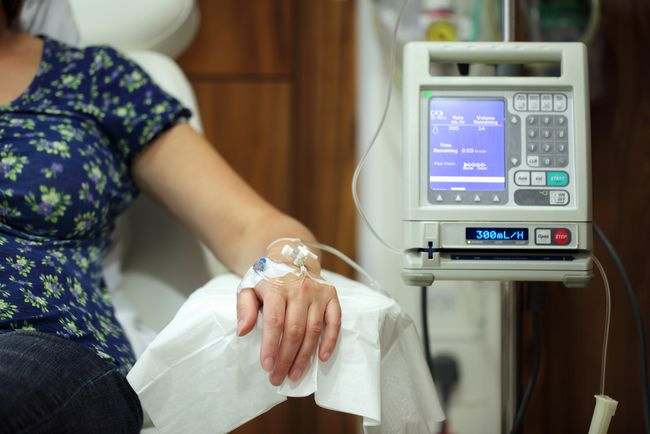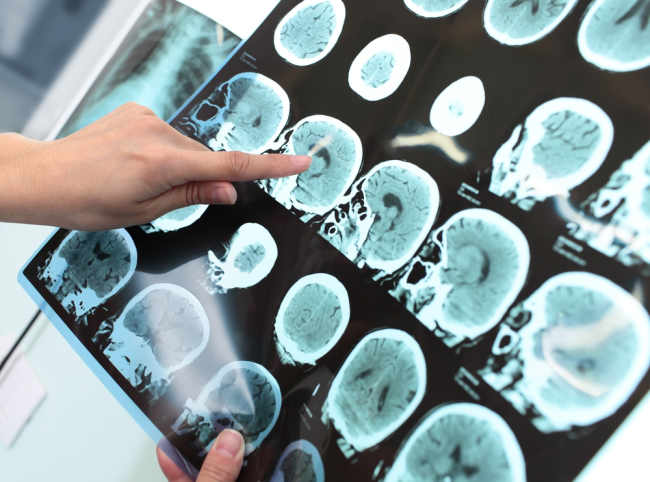Fullness due to overeating is common. However, it is not natural for one to feel full after eating just a few mouthfuls. Early satiety like this can be caused by several disorders. To overcome this, first need to know the cause.
Early satiety is also known as early satiety.early satiety). This condition can also be characterized by feeling nauseous or wanting to vomit while eating. Early satiety is more common in women than men.

Various causes of early satiety
The food we consume will go down from the mouth to the esophagus, then to the stomach, before being passed on to the intestines. The feeling of fullness will generally appear when the stomach is full.
Early satiety can occur when there is a disturbance in the movement of the stomach to push food into the intestines, so that food accumulates in the stomach.
The picture is, when food descends from the esophagus, the stomach is still fully filled with previous food that should have descended into the intestine. This is what makes you full even though you have just eaten a few mouthfuls.
This condition is generally caused by gastroparesis, which is a disorder of the stomach muscles that causes them to move more slowly or not at all. This disorder usually occurs due to damage to the nerves of the stomach initiated by diabetes.
In addition to gastroparesis, there are several diseases that can also cause early satiety, namely:
- Gastroesophageal reflux disease (GERD)
- stomach ulcer
- Irritable bowel syndrome (IBS)
- Gastric tract obstruction
- Tumors in the stomach
- Pancreatic cancer.
Fast satiety also usually appears in people who have dyspepsia syndrome or heartburn.
If early satiety is not immediately checked and treated, you can experience a lack of calories and nutrients due to the small amount of food that enters the body. This of course can trigger various health problems, such as weakness, weight loss, and a weakened immune system due to malnutrition.
Tips Overcome full Early
Treatment of early satiety needs to be tailored to the underlying cause. If you experience these complaints and happen to have diabetes, your doctor will advise you to control your blood sugar levels.
In addition to addressing the cause, there are some tips you can do to overcome early satiety, namely:
- Eat small portions more frequently.
- Reduce the intake of fat and fiber because it can slow down the digestive process
- Consumption of food in the form of liquid, porridge, or puree.
- Take appetite-boosting supplements.
- Keep a diet journal containing what foods you eat, the following portions and when to consume them, in order to maintain a regular eating pattern.
- Consumption of drugs to relieve discomfort in the stomach, such as anti-nausea and anti-vomiting drugs, but of course must be with a doctor's prescription.
Generally, early satiety is harmless. However, if you experience this for a long time and are accompanied by other complaints, such as nausea, vomiting, abdominal pain, bloating, weight loss, or bloody stools, immediately consult a doctor so that he can be treated.









